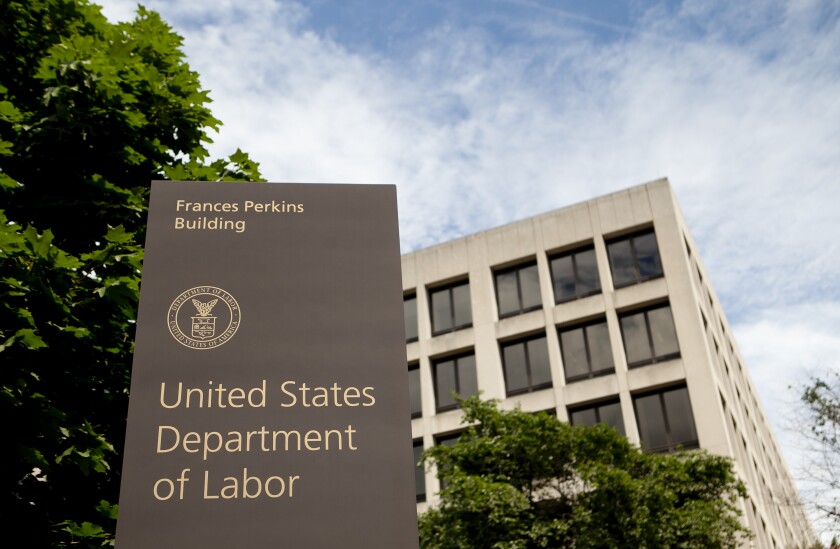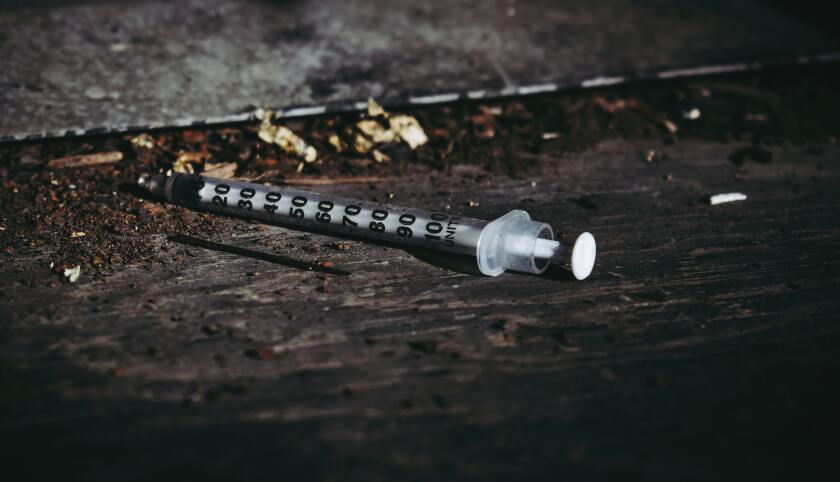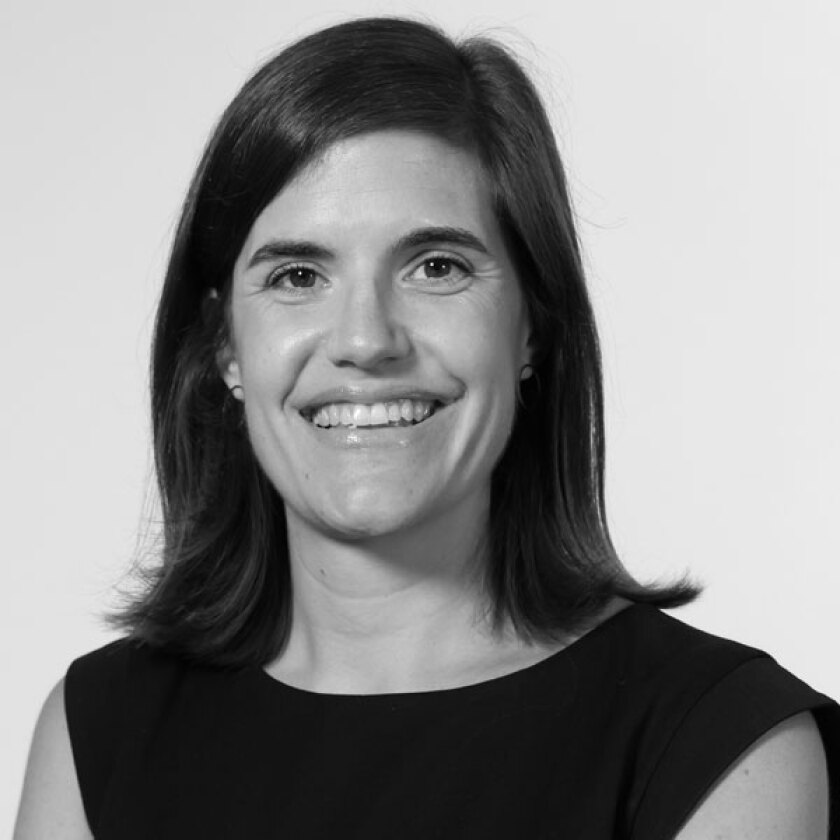More than 100 advisory practices with $57 billion in assets under management under the private equity-backed RIA consolidator are deploying existing technology in new ways as the coronavirus rules out face-to-face meetings, according to Salameh. She joined Chicago-based Hightower last year after tenures with Private Advisor Group and TD Ameritrade.
The slowest month of job growth since the spring occurred amid the ravages of the COVID-19 pandemic.
There are signs of a slowdown in the economy as businesses continue to struggle with rising COVID-19 infections across the country.
COVID-19 has led more employees to engage in dangerous drug and alcohol abuse. With a cost of $740 billion annually in lost productivity and healthcare costs, how can employers intervene before it’s too late?
In an interview with Senior Editor Tobias Salinger, Salameh explains the increasingly crowded marketplace for RIAs and why the pandemic doesn’t necessarily mean M&A deal volume will decline significantly. She also sheds light on how advisors are helping clients adjust to staying at home.
Advisors are sending clients puzzles and board games as one of several ways to engage around non-financial topics or, as the title of one planner’s webinar puts it, “How to keep your sanity during the coronavirus,” Salameh says. Video messages are also a substitute for in-person interactions.
Hightower assists advisors through the challenging time with services like automated marketing and online chats. Salameh’s team is also teaching them how to use Zoom and Webex Teams for webinars.

“And then we have some advisors who have really embraced doing prospect webinars, where they’re sharing in social media and inviting others to join them for almost open office hours to ask questions around things that are pertinent to them during this pandemic,” she says. “It’s really been an embracing of technology that was always available to them but they may not have used it in light of the fact that they were meeting person-to-person prior to these two months, which feels like two years for many of us.”






